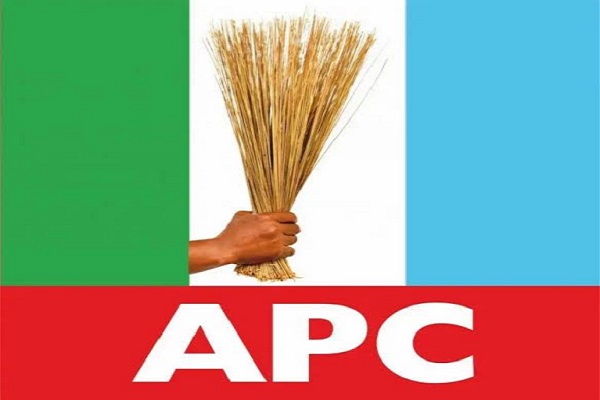Members of the All Progressives Congress (APC) Deaf Support Group in Lagos have expressed frustration over their exclusion from the party’s internal activities, particularly during the recently held primaries for the upcoming local government elections slated for July 12, 2025.
The APC conducted its chairmanship and councillorship primaries across the 57 local councils on May 10, but members of the deaf community say they were once again left out of the process.
Speaking at a press briefing in Ogba, Lagos, the chairman of the group, Onifade Fatai, described the neglect of deaf persons in politics as a long-standing issue that demands urgent attention.
“Despite ongoing discussions about inclusive governance and political participation for persons with disabilities, the deaf community remains sidelined,” Fatai stated.
He pointed out that while individuals with other disabilities are often given political appointments or included in policy dialogues, the deaf are rarely considered.
“In most cases, others in the disability community are selected when opportunities come up, while the deaf are ignored,” he added.
Fatai criticised the common excuse that deaf individuals depend heavily on sign language interpreters, making it difficult to ensure confidentiality.
“It’s disappointing that people still use our reliance on interpreters as an excuse. This argument doesn’t hold water in today’s world,” he said.
He stressed that many deaf individuals are well-educated and proficient in using modern communication tools such as smartphones, messaging apps, social media platforms, email, and virtual conferencing tools like Zoom and Google Meet.
“We are not disconnected from society. Many deaf individuals are also digital creators, writers, and professionals,” he explained. “Interpreters are only needed when engaging with those who do not understand sign language. This is why we continue to encourage people to learn sign language to facilitate direct communication.”
Fatai concluded by urging political parties to go beyond symbolic inclusion and make room for persons with disabilities in decision-making positions, including as candidates in elections and not just as supporters or observers.
He said, “True inclusion should reflect in appointments, candidacies, and active participation in policy formulation. Anything less is tokenism.”

